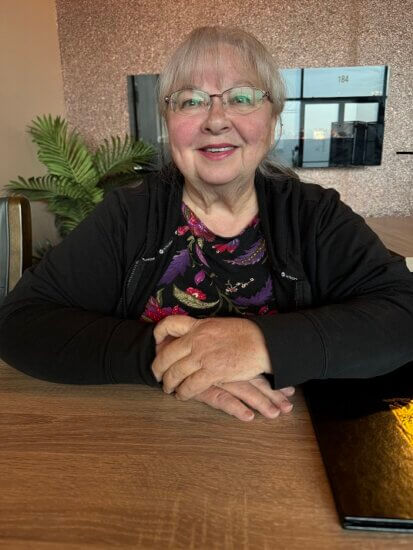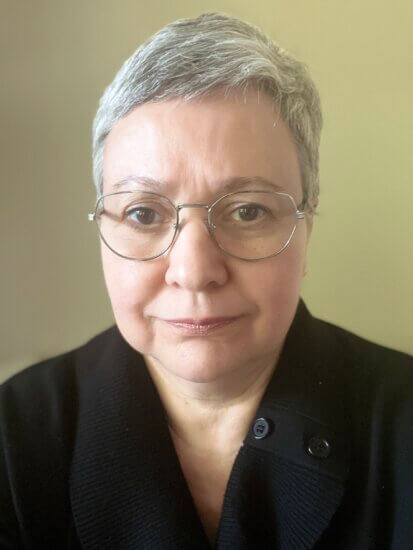Dietitians and nutritionists can help you to separate fact from fiction in a sea of online information and misinformation
March is National Nutrition Month in Canada, which is a time to highlight the importance of making informed decisions about food and health and celebrate the role experts play in guiding us toward healthier lifestyles.
Dietitians and nutritionists are key players in our journey to wellness, offering expert evidence-based advice to improve personal and public health outcomes. Their insights are especially critical in today's fast-paced world, where it can be challenging to find the balance between convenience and healthy decisions.
You might find dietitians working in diverse places, including clinical settings, food services, government, private practice, media, research, and education.
To better understand the relevance of dietitians and nutrition, we spoke with four Athabasca University (AU) experts in the Faculty of Science and Technology (FST) about the importance of their work and the nutrition courses they teach to students in many different programs.
No 'one-size-fits-all approach to healthy eating'

Dr. Alexa Ferdinands, dietitian and assistant professor of health and nutrition, mostly works in the realm of public health nutrition research.
Ferdinands' research focuses on supporting diverse populations in Alberta-particularly youth-to access the nutritious foods they need and want. She also oversees the nutrition courses at AU, helping provide students an academic and professional background in this subject.
"Dietitians are important because they recognize that 'eating well' means different things for different people, and that physical, social, political, and economic contexts influence how and what we eat," she said. "There is no one-size-fits-all approach to healthy eating."
Critically evaluating health information and misinformation

Marie Weingartshofer is a dietitian who has worked as an academic expert at AU for close to 20 years, teaching Nutrition and Health (NUTR 331). This course supports students from a wide variety of backgrounds, providing a grounding in the science and a foundation to be able to critically evaluate the deluge of information and misinformation in the digital age.
She has an educational background in family studies and nutrition, and her passion for nutrition comes from the love of sharing good-tasting food and the excitement of the ever-evolving science. She wanted to start working in community nutrition after a two-year volunteer experience she had in Ethiopia.
"My focus as a dietitian has been on meeting people where they are," she said. "Change is possible when we feel validated and safe to explore options."
Improving students' daily lives

Janete Poloway has worked as an academic expert with FST for more than two decades, supporting students in nutrition and health studies courses. She has a background in health-care delivery both at patients' bedsides and in administration. She brings expertise in both these areas, along with an educational background in food, nutrition, and administration, to her role teaching at AU.
She teaches Introductory Nutrition (NUTR 330) and Nutrition for Health (NUTR 331), having also offered support in other nutrition courses. She said these courses provide an avenue to academic achievement, but also add value to the students' daily lives.
"Professional nutritionists and dietitians provide tailored nutrition advice, expand our knowledge in prevention and maintaining a healthy status and where necessary medical nutritional advice to provide improved clinical outcomes," she said.
Separating science from 'quackery'

Marise Pinheiro began her work in nutrition with an undergraduate degree in Brazil and worked in nutritional support during cancer treatment. After immigrating to Canada, she completed a master's in health promotion, where she was first introduced to online learning. She has worked as an academic expert with AU for nearly 20 years.
She teaches Introductory Nutrition (NUTR 330), Nutrition for Health (NUTR 331), and Nutrition in Health and Disease (NUTR 405). These courses focus, in varying degrees, on human nutrition and research. They provide students with knowledge and critical thinking skill so they can be educated consumers of nutrition information.
"After taking these courses, they will be able to separate science from quackery," she said. "When they read about food and nutrition on social media, they will be able to ask relevant questions."